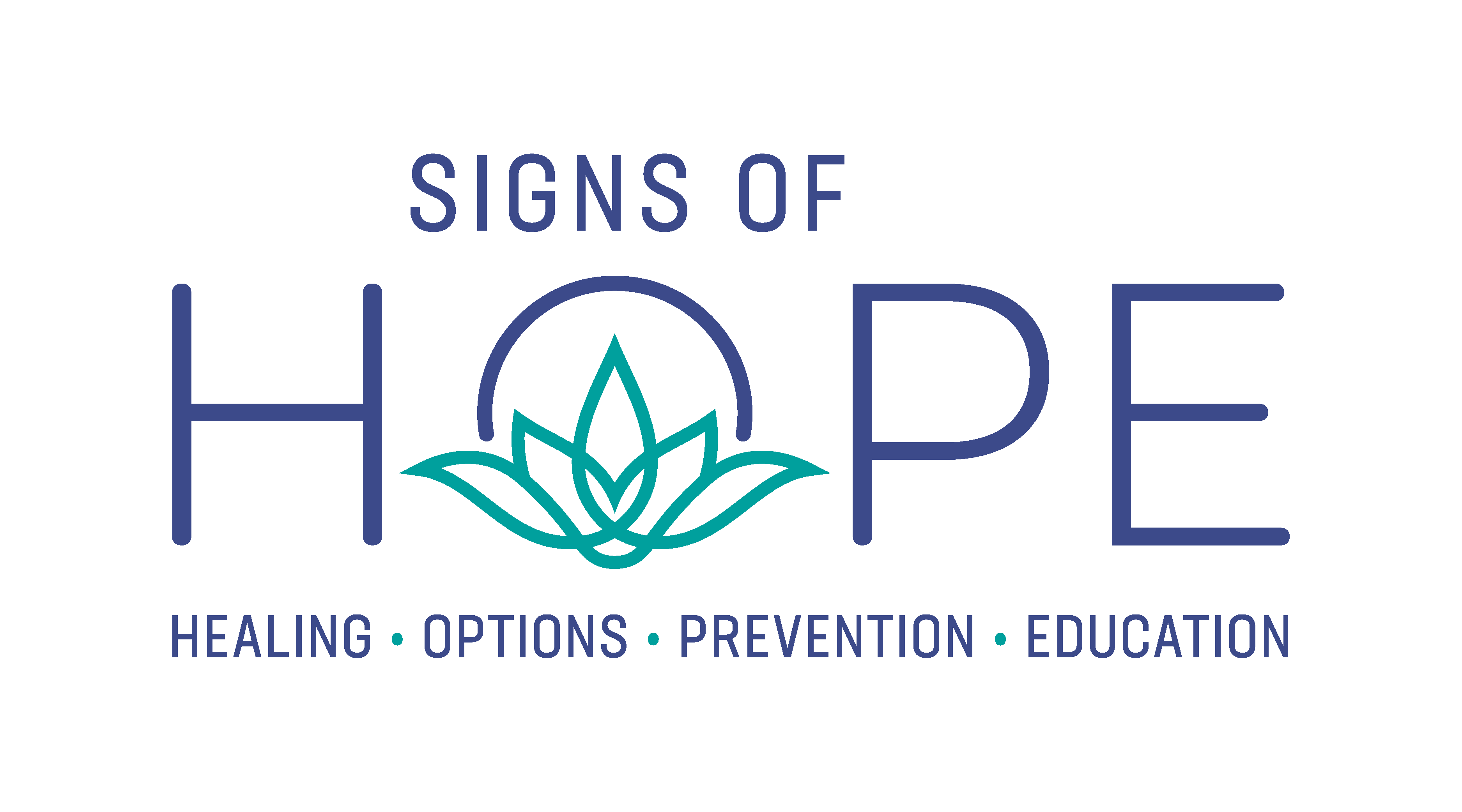As we approach a new year, a new federal administration, and a new state legislative session, the SOH is preparing to once again advocate for policies that support and protect survivors. Part of that work is ensuring that new laws are adequately funded.
New laws can establish important standards, protections, and provisions for the public. But when those laws don’t include funding to support implementation, the intended impact of the law cannot be fulfilled. As a result, a hard-won legislative victory can be reduced to a mere symbol instead of a practical improvement on people’s lives.
In 2019, AB176 passed, establishing a Sexual Assault Survivors’ Bill of Rights. It included a small appropriation of $300,000 over two years, intended to be issued to organizations around the state for the purpose of recruiting and training victim advocates. AB176 is a prime example of how under-funding a mandate can stifle its potential impact.
Insufficient funding creates a kind of false promise to the public. There are just enough resources to launch a new initiative, but no plan for the long-term financial sustainability of the program. What happens to the services when the initial funding runs out? Will they disappear? What happens to the people who have started to rely on those services?
In this instance, recruitment and training are just two of many phases of establishing advocacy services. Further, they are processes that do not happen just once. A job like victim advocate naturally carries a high burn out rate. Supporting someone through possibly the worst experience of their life is difficult, and takes a significant toll on the advocate. This is the type of position in which most people are able to serve only a short time before they need to stop, and that’s okay. But this frequent turnover does mean that recruitment and training are tasks that need to be resourced on a continual basis, not just at the beginning of a new initiative.
It quickly becomes apparent that $300,000 over two years to recruit and training victim advocates is logistically insufficient to launch the program, let alone establish a sustainable program that will last beyond the life of the original funds.
It is especially important for us to recognize that implementing any new mandate requires people power. In the case of AB176, it takes experience and expertise to craft a new advocacy program: identifying the specific services that will be provided, working out the logistics of how those services will reach people, calculating how many advocates are needed and what type of structural and administrative support their work will require, and much more. Not everyone has the knowledge and the skills to do this work, and those that do have them gained them over years of education and work experience. Expecting people to perform this labor for free devalues both the people and the work. It’s not just disrespectful, it’s unsustainable.
This facet of the problem often goes unnoticed when non-profit agencies are part of the equation because there is an expectation that volunteers can take up the slack where funding is insufficient to pay staff. However, a successful volunteer program isn’t free.
Having a successful volunteer program like the one here at Signs of Hope requires an enormous amount of infrastructure, especially because the volunteers are doing highly specialized work like victim advocacy. It takes a continuous process of recruitment, screening, training, management, and acknowledgement and appreciation, in order to maintain a strong team of volunteers who are ready and able to serve victims and survivors. This process represents a significant investment of resources and time, and requires full time staffing to achieve.
Our training process in particular illustrates this investment, on the part of both our volunteers and our organization. Volunteers complete a 50 hour training academy that runs 2 to 3 times a year. This requires coordination of multiple guest speakers and trainers, training materials and resources, and a graduation ceremony that celebrates and welcomes the newest members of our team. This elaborate training process is absolutely essential to ensure that victims receive the best possible care. This year our training was accredited at the national level, a process which could only have happened thanks to the exceptional expertise of our staff, and months of work on their part.
Going forward, we need to make our representatives understand that an un-funded or under-funded mandate represents a false promise to the public. More than that, we need them to redefine their understanding of what constitutes adequate funding. No new mandate can be implemented without people power, and people power must be valued and properly resourced if we want new mandates to be effective.


